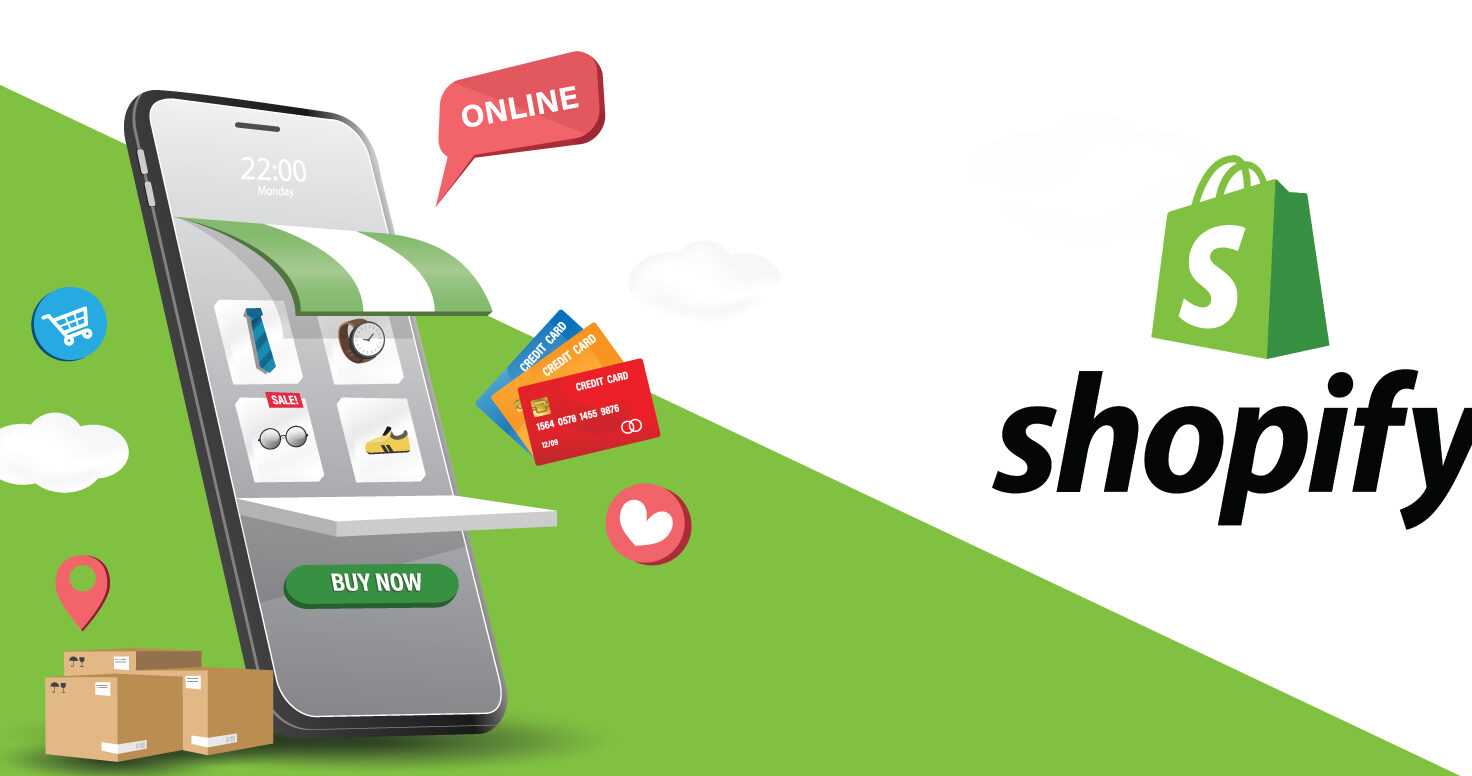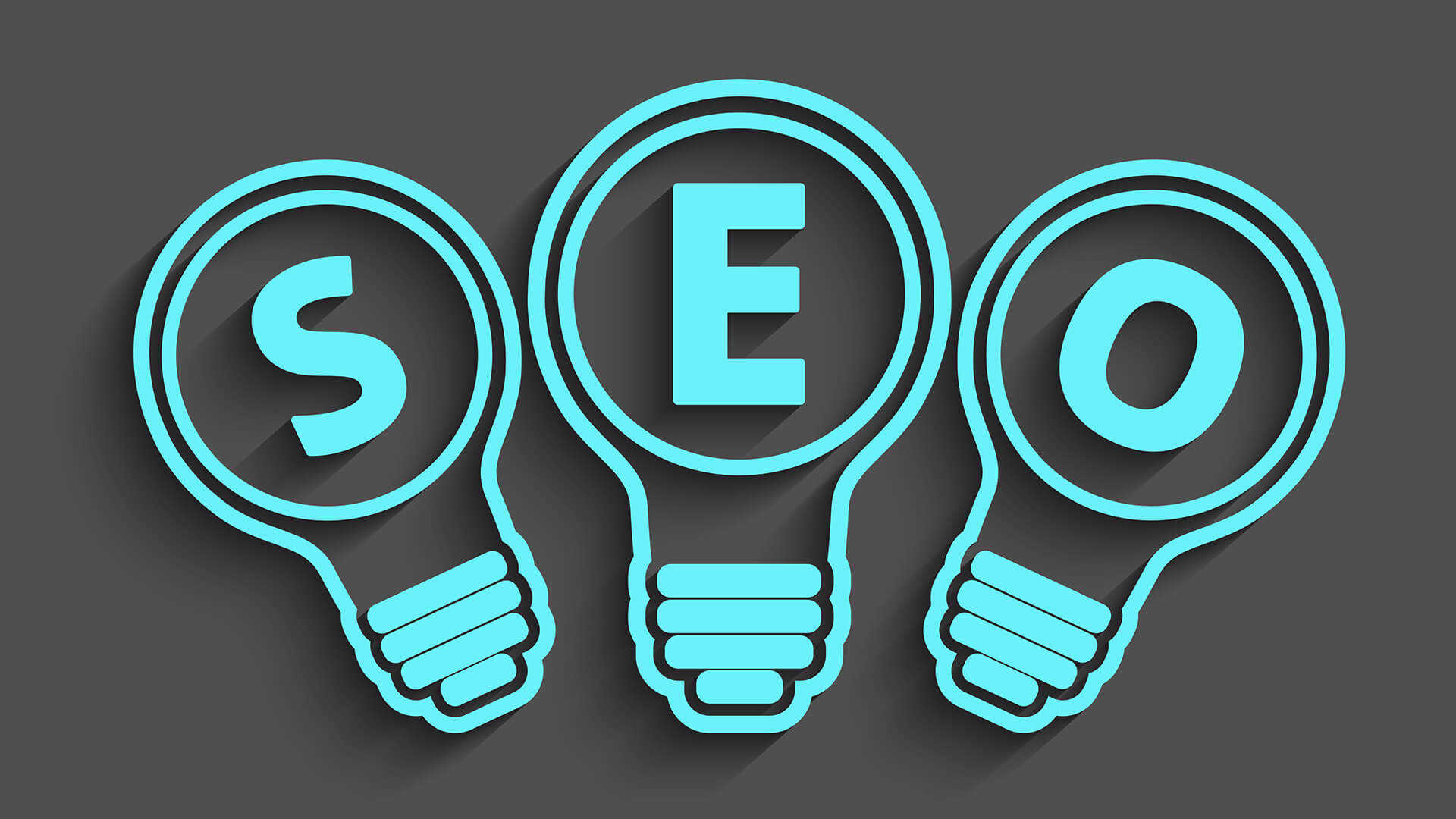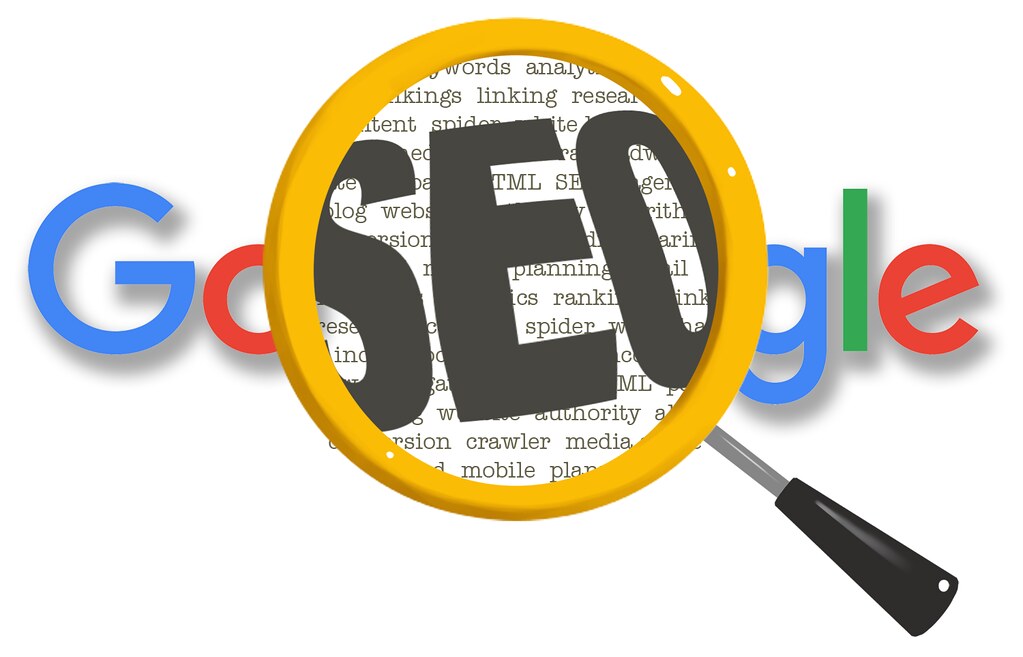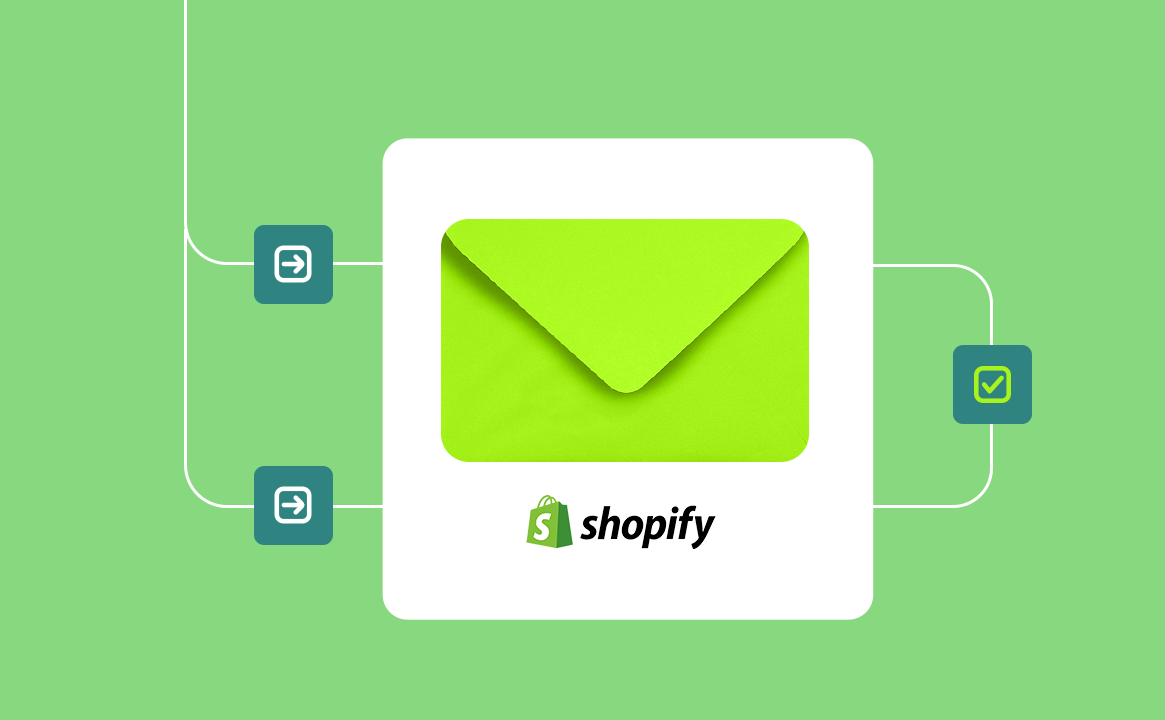
B2B on Shopify is transforming how businesses engage with their buyers, offering an ecosystem built to simplify complex workflows and elevate customer experiences. From foundational features to advanced customizations, Shopify enables merchants to simplify intricate workflows by breaking barriers and achieving streamlined growth. Explore the definition and highlight features below to see how Shopify B2B works in practice.
B2B on Shopify is a comprehensive set of features designed to enable seamless business-to-business (B2B) sales directly through your online store, eliminating the need for third-party applications or complex workarounds. It allows for the creation of customer-specific catalogs, customized payment terms, and multi-currency options while integrating multiple customers and locations within a unified company profile.
A. B2B landscape
The B2B market significantly outpaces the direct-to-consumer (DTC) segment, with a staggering $7.7 trillion valuation compared to DTC’s $3.8 trillion according to Shopify’s report. This highlights the immense opportunity for merchants in the wholesale space.
What’s new? Shopify’s wholesale capabilities are natively integrated within Shopify Plus, offering a seamless experience for merchants aiming to scale their businesses. Its powerful suite of features allows for tailored pricing, payment terms, and customer-specific catalogs, ensuring that the platform caters to both wholesale and retail needs.
B. B2B foundational features
B2B on Shopify includes a holistic suite of fundamental functions.
1. Companies
The “Companies” feature acts as a comprehensive customer record for business buyers, encompassing fields such as contact permissions, payment terms, assigned price lists, and catalogs. Merchants can associate multiple contacts and locations with a single company, enhancing flexibility. Additionally, metafields allow merchants to store custom information, enabling tailored interactions with B2B customers on Shopify.
2. Catalogs
These catalogs define products and pricing, ensuring buyers see offerings relevant to their assigned company location. Also, Shopify B2B wholesale allows businesses to create 25 price lists in their B2B store per company location.
3. Payment Terms
Merchants utilize Payment Terms to simplify invoicing by setting payment durations such as Net 30 or Net 60. These terms can be applied specifically to each company location, enabling businesses to customize payment conditions for individual branches or offices under the same company. For example, one location might operate with “Net 30,” while another follows “Net 60,” offering greater flexibility in managing localized invoicing requirements. The two payment options available are “None” (requiring payment at checkout) and “Net” (allowing B2B customers to pay anytime from the order placement until the due date).
4. B2B Checkout
The B2B Checkout leverages login credentials to auto-fill company details during the purchase process. Essential information like assigned payment terms, payment methods, and wholesale discounts at checkout are shown for buyers to ensure a frictionless transaction.
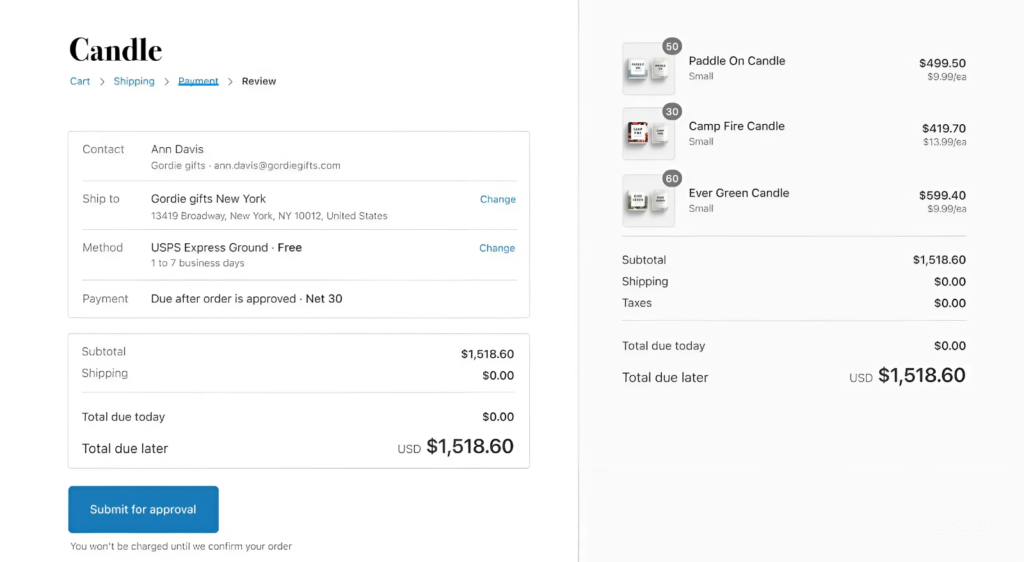
5. Customer Accounts
Customer accounts serve as the gateway for buyers to access B2B on Shopify. These accounts allow customers to authenticate via email and a one-time verification code, update account information, view order history, and filter past purchases, fostering a self-serve environment that reduces merchant workload.
6. Advanced Customization
Advanced tools on B2B on Shopify empower merchants to implement specific rules and enhancements:
– Quantity rules: Set minimum, maximum, or incremental quantities for individual products
– Checkout to draft: Give buyers the option to submit orders as drafts for review or confirm them immediately
– Volume pricing: Incentivize bulk purchases with tiered discounts for larger quantities
– Quick order lists: Enable buyers to order multiple product variants, such as sizes or colors, from a single section
– Company account requests: Facilitate onboarding with a self-serve account request form integrated into Shopify Admin
– B2B APIs: Seamlessly connect with Shopify’s Admin and other Shopify systems for managing rules, volume pricing, and product publishing
7. Flexible customization & segmentation
As customization is always prioritized, B2B on Shopify supports:
– Payment reminders: Send automated or custom reminders for due payments using Shopify Flow
– Metafields: Streamline back office tasks by custom data fields like companies and location in the admin
– PO numbers: Allow buyers to input purchase order numbers at checkout for easier tracking and documentation
8. Well-navigated self-serve for business customers
The self-serve capabilities in B2B on Shopify enhance the buyer experience with:
– Easy reordering: Buyers replicate previous orders, simplifying frequent purchases.
– Welcome emails: Business customers receive a dedicated email guiding them to the B2B site.
– Flexible shipping addresses: One-time-use shipping addresses are catered to dropshipping and other specific needs.
C. Migrating to Shopify B2B – Success stories
Below are two case studies highlighting the transformation of B2B businesses on Shopify, detailing their challenges, solutions, and results.
1. Scaling Success: Arhaus’s journey from a complex Custom build to Shopify Plus
Arhaus, a premium home furnishings brand, combines sustainability, craftsmanship, and personalized experiences. Operating 90+ showrooms and a robust e-commerce platform, the company faced critical challenges in scaling its wholesale business operations.
Challenges
Rapid growth highlighted inefficiencies in Arhaus’s custom-built platform, which lacked the scalability to meet evolving B2B market trends. The platform struggled to integrate online and offline processes, particularly during the pandemic-driven surge in demand. Complex product customization further slowed operations, limiting growth potential.
Solutions
By migrating to Shopify Plus, Arhaus reimagined its e-commerce infrastructure to better serve both retail and B2B buyers. Specifically, Shopify’s tools, such as advanced analytics and AR/VR features, allowed seamless product customization while unifying operations across sales channels.
The results
Post-migration, Arhaus achieved significant gains in key metrics, including higher page views and longer visit durations. Therefore, Shopify e-commerce solutions exceeded sales and conversion targets, while faster feature development enabled greater agility. Arhaus is now well-positioned for sustainable growth, leveraging Shopify to lead in customer-centric retail innovation.
2. esmi slashes (Adobe migration)
Esmi, a skincare and makeup innovator based in Queensland, Australia, expanded into wholesale markets while maintaining local and international retail operations. Their existing platform failed to scale effectively, jeopardizing growth across B2B market trends.
Challenges
Managing five complex websites for retail and wholesale markets caused esmi difficulties in operation and high maintenance costs. The system also struggled during peak traffic, limiting sales opportunities. Esmi’s dependency on external agencies and the lack of personalized shopping tools stifled innovation and retention in the wholesale sector.
Solutions
In 2022, esmi transitioned to Shopify Plus, consolidating five sites into three streamlined storefronts. Shopify Flow automated key wholesale business operations, including personalized sample packs for B2B customers, reducing manual tasks and enabling a sharper focus on growth strategies.
The Results:
The switch to Shopify Plus allowed Esmi to handle up to 8,000 simultaneous users during Black Friday without issues. Maintenance costs dropped by 85%, and traffic capacity increased 40-fold. Improved customer retention, with a 19% rise in returning shoppers, underscored the success of Shopify e-commerce solutions in enhancing experiences and driving growth.
D. Winter Editions ‘25 updates for B2B on Shopify
Unlike previous editions packed with headline-making launches, Shopify’s Winter ’25 Edition focuses on introductory platform enhancements. Dubbed The Boring Edition, it delivers over 150 updates designed to fine-tune the tools you already rely on, including B2B administration features.
🔑Key updates from the Boring Edition:
Merchants:
– To apply custom checkout functions to draft orders for a consistent experience for sales staff
– To lock product prices, offer bundles, and collect deposits for draft orders
– To apply tax exemptions to all or specific company locations for B2B orders (exclusive to Plus)
– To customize draft order checkouts with checkout UI extensions, like adding a shipping message for B2B customers (exclusive to Plus), and adding features like quoting workflows and downloadable PDF invoices using customer account extensions
– To utilize 18 new apps for line sheets, CSV order uploads, preorders, and B2B-specific analytics, customize product automation and returns policies for supplier groups in Shopify Collective
Shopify:
– To automate catalog assignments, permissions, and – sales staff for new accounts using Shopify Flow (exclusive to Plus)
– To enable the existing identity provider for a consistent B2B customer login experience across platforms (exclusive to Plus)
– To automate Shopify Collective returns for a more efficient way to return orders to suppliers
– To apply the store’s checkout and account branding to the login page
Shopify continues to redefine B2B commerce by equipping merchants with the tools needed to thrive in a competitive landscape. From foundational features to advanced updates, the platform empowers businesses to scale operations, enhance customer experiences, and achieve sustainable growth. Explore Wgentech’s case study to know how Wgentech, a trusted Shopify partner, supports businesses in unlocking the full potential of Shopify’s B2B solutions.





